This is part of a special report produced in partnership with Gleeds
Tetiana Kanashchuk’s past two years have been more challenging than most people on the planet could imagine.
A sustainability consultant in Gleeds’ Ukranian business, Kanashchuk has spent the past couple of years living with the ongoing conflict with Russia.
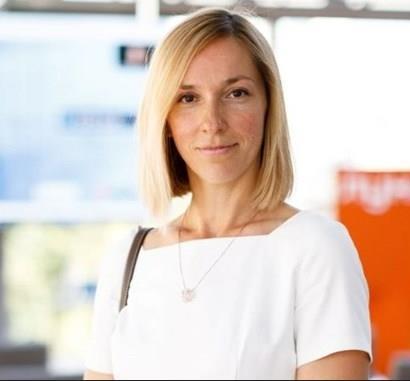
But Kanashchuk, who lives with her 10-year-old son in a small town near Kyiv, speaks with a passion and optimism that many in more stable situations would struggle to produce.
“Things have improved from 12 months ago,” she explains. “This winter was better than the previous when we had a lot of blackouts and Gleeds had to help us with appliances. We did not have blackouts this year, so things are definitely better.”
She continues with discussion of balancing her ongoing commitment to her work with the responsibilities of being a mother – saying her son nearing teenagerhood has helped her resilience continue to grow.
>> Special report: Women in construction
But what is clear when speaking with Kanashchuk is that resilience is something she has in spades. Her journey into construction was not typical – not least because it has traditionally been an incredibly rare route for women in Ukraine.
She joined Gleeds as an office manager and pursued a number of qualifications once in work to develop further skills and expertise in both construction and sustainability.
“It was a challenge. At that time my child was a small toddler; it was tricky to juggle,” she says. “I had to do things like scheduling mock exams for 5am to guarantee uninterrupted time. Parenting and learning, along with ongoing work, were a lot of different threads to keep together.
“I originally moved into marketing, and then when the market in Ukraine was ready for sustainability, I pursued that,” Kanashchuk says.
She explains that sustainability in Ukraine had been behind other parts of the world, and at the time when she finished her BREEAM assessor qualification it was still no more than a burgeoning sub-market.
“At that time there were about five assessors for the whole country – it was a brand-new thing for the country,” she says. “The market grew and grew, and that also meant my path within Gleeds grew. I was supported by our sustainability teams from other offices, though – they already had the experience.”
When asked for her heroines within the sector, Kanashchuk names three colleagues from within the Gleeds Ukraine team.
The first is Svitlana Bozhko, senior project and cost manager, who will next year be celebrating her 20-year anniversary with Gleeds.
In these photos, Kanashcuk says the highs and lows of the past two years are on display.
She says that they show how the Ukranian people are still alive and trying even to have some joy in life here and now. However she says it is important to acknowledge the fear that exists.
Kanashchuk says Bozhko, who is the former general director of Gleeds Ukraine, is a role model for her as a woman in a leadership position in an industry that has very much been considered a male-only sphere.
She also has the utmost respect for Valeriia Garkavenko, senior works specialist – mechanical, and Oleksandra Harashchenko, junior cost manager, who she says have both shown a passion and commitment for the industry they have chosen to join.
Asked whether she would consider herself a role model for other women aspiring to enter the built environment, Kanushchuk replies: “I would love to believe so, yes. My hope is that everyone I engage with would feel inspired to grow, learn and realise that anything is possible if you really want it.”
So, what would Kanashchuk’s message be to other Ukrainian women considering a career in construction?
“Be brave. Our women are brave – and we have no choice but to go into spheres that have not been popular with women, to rebuild the country,” she concludes. “It will be our will to carry on and survive that sees us recover and rebuild – which we already are.”
Download now




















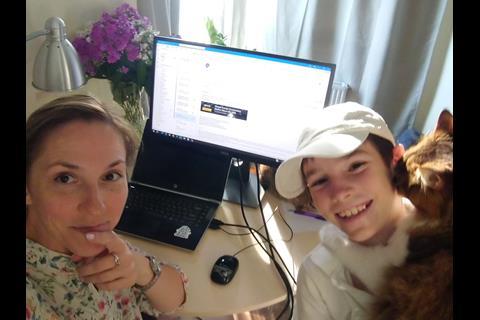
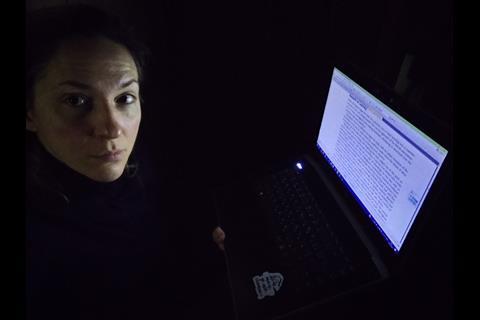
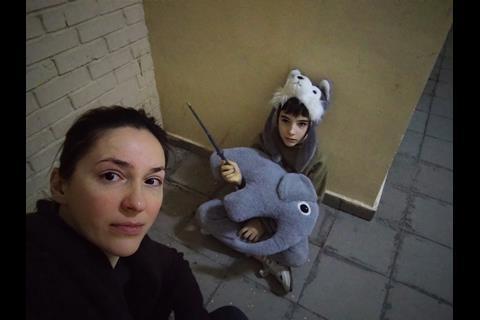
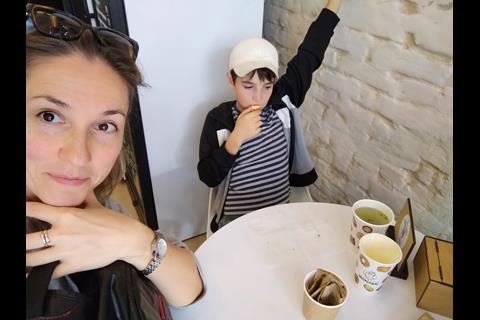
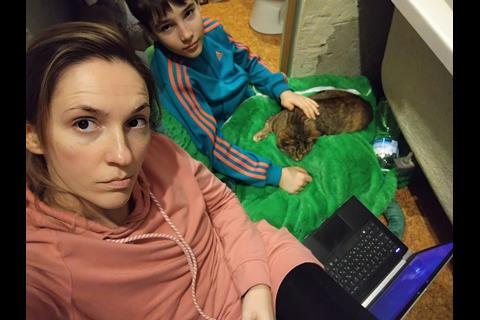
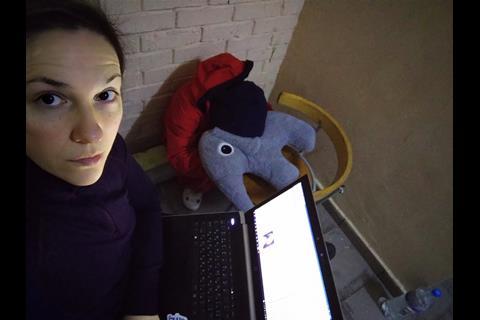
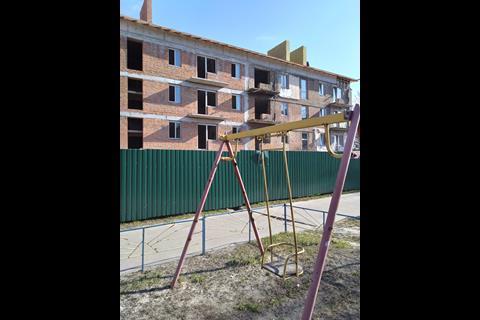
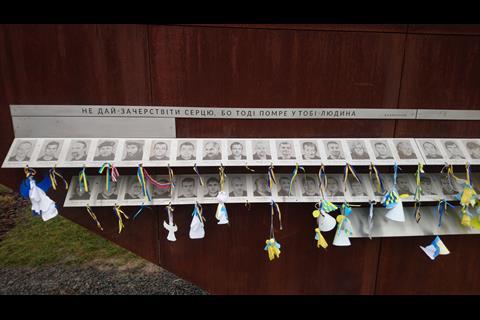
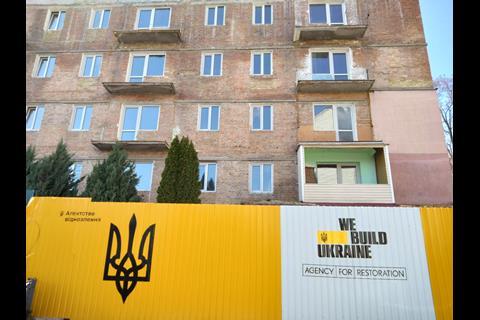
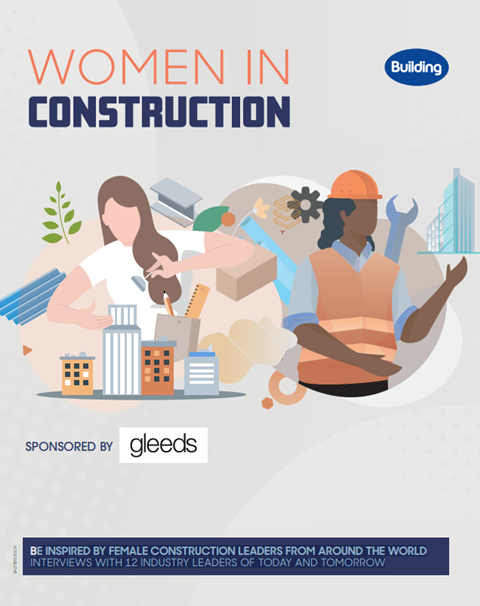







No comments yet